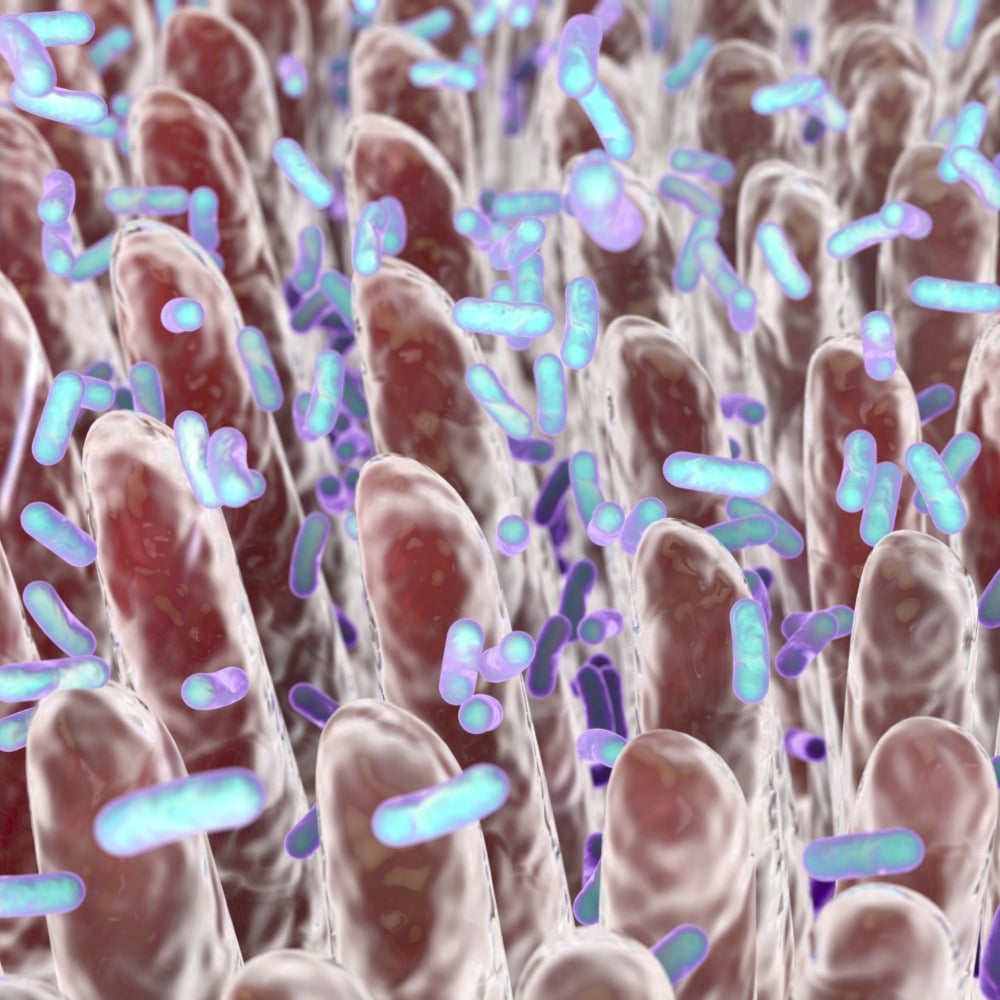Scientists developed a method of predicting biological age using the microbiological profiles of gut microbiota by utilizing a curated dataset of 1,165 healthy individuals collecting 1,663 microbiome samples. The human microbiome clock has a deep architecture of a neural network that achieves accuracy of 3.94 years mean absolute error in cross validation; performance of the deep microbiome clock was additionally evaluated on several other populations.
2 approaches to age prediction were compared: classification and regression. The platform for biological interpretation of individual microbial features used in age models relies on permutation feature importance and accumulated local effects, which allowed the team to create 2 lists of 95 intestinal biomarkers of aging, which was demonstrated to be reduced to 39 taxa that convey the most information regarding host aging.
According to the scientists they have shown that microbiological profiles can be used to predict human age; and microbial features selected by models are age related. The team also suggest they demonstrated the feasibility of age prediction by application of human learning approaches to taxonomic microflora profiles; identified biomarkers include species whose abundance is positively or negatively correlated with predicted age which may be investigated further to improve understandings of human aging and relationship with gut microbiome.
“Human microbiome aging clocks are based on deep learning and tandem of permutation feature importance and accumulated local effects”, according to the scientists.




